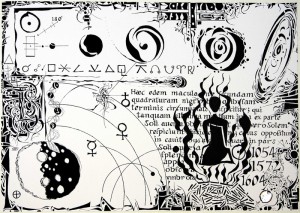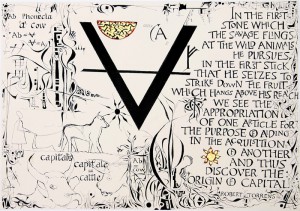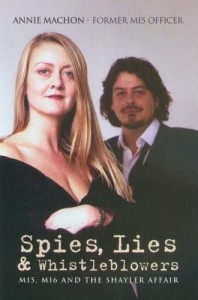 In London in 2001 the Royal Shakespeare Company performed a play called “Epitaph for the Official Secrets Act” by Paul Greengrass (who co-wrote the notorious book “Spycatcher”). The play focused on the political issues around whistleblowing and the Shayler case.
In London in 2001 the Royal Shakespeare Company performed a play called “Epitaph for the Official Secrets Act” by Paul Greengrass (who co-wrote the notorious book “Spycatcher”). The play focused on the political issues around whistleblowing and the Shayler case.
It was an excellent play, with an intelligent analysis of the current mess that is secrecy legislation in the UK, but it was rather strange to see actors using words your own words on stage.
The following report appeared in “The Observer”:
Shayler is a model spy for MI5 play
by Vanessa Thorpe, Arts Correspondent, 2001
Henry V, Macbeth and Hamlet, the great
Shakespearean protagonists who strut before audiences at
Stratford-upon-Avon, are to be joined tomorrow by a new name, the
former MI5 renegade, David Shayler.
A new play by Paul Greengrass, the screenwriter responsible for ITV’s
upcoming film about Bloody Sunday and for the award-winning television
dramatisation of The Murder of Stephen Lawrence , is to be premiered
tomorrow night by the Royal Shakespeare Company.
Epitaph
for the Official Secrets Act will also feature Shayler’s girlfriend,
Annie Machon, and the MI5’s first woman director, Stella Rimington. ‘It
is a play about the year that MI5 first decided to recruit a new sort
of agent,’ explained Simon Reade, the RSC’s dramaturge, referring to
1991, when the secret service briefly turned away from their
established Oxbridge source of graduates and advertised for applicants
from the wider population.
‘The play starts with a
reading of the advertisement that newspapers ran at the time,’ said
Reade, who developed the piece with Greengrass for its six-night run.
‘The ad showed an empty chair under the words “Godot isn’t coming”.’
The play then deals with some of the changes that followed as Rimington
took control of an organisation that was fighting to redefine itself.
Machon and Shayler, both from the graduate intake that was then new, are identified only by their first names.
News of their theatrical debut came as a shock to Shayler and Machon,
who are in London awaiting Shayler’s trial on charges of breaching the
Official Secrets Act. Machon said: ‘It is rather alarming to find that
we are both going to played by actors.’







